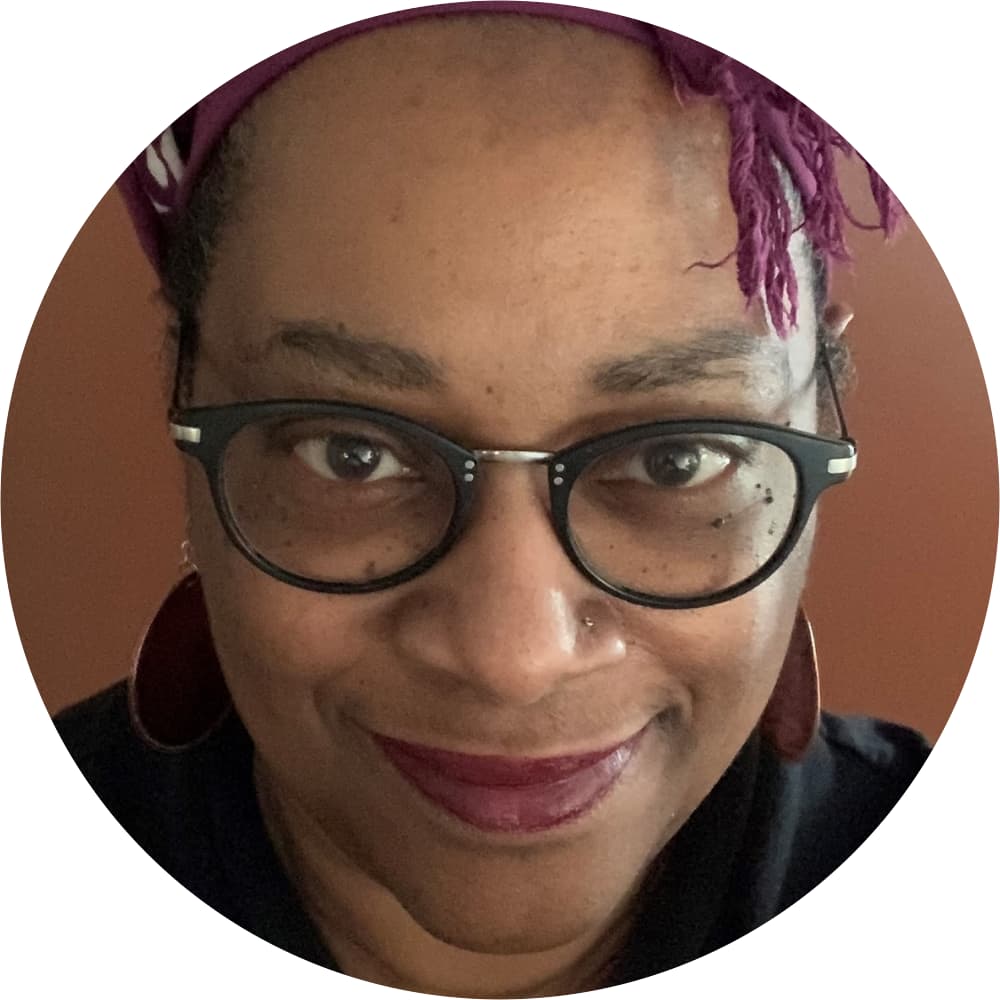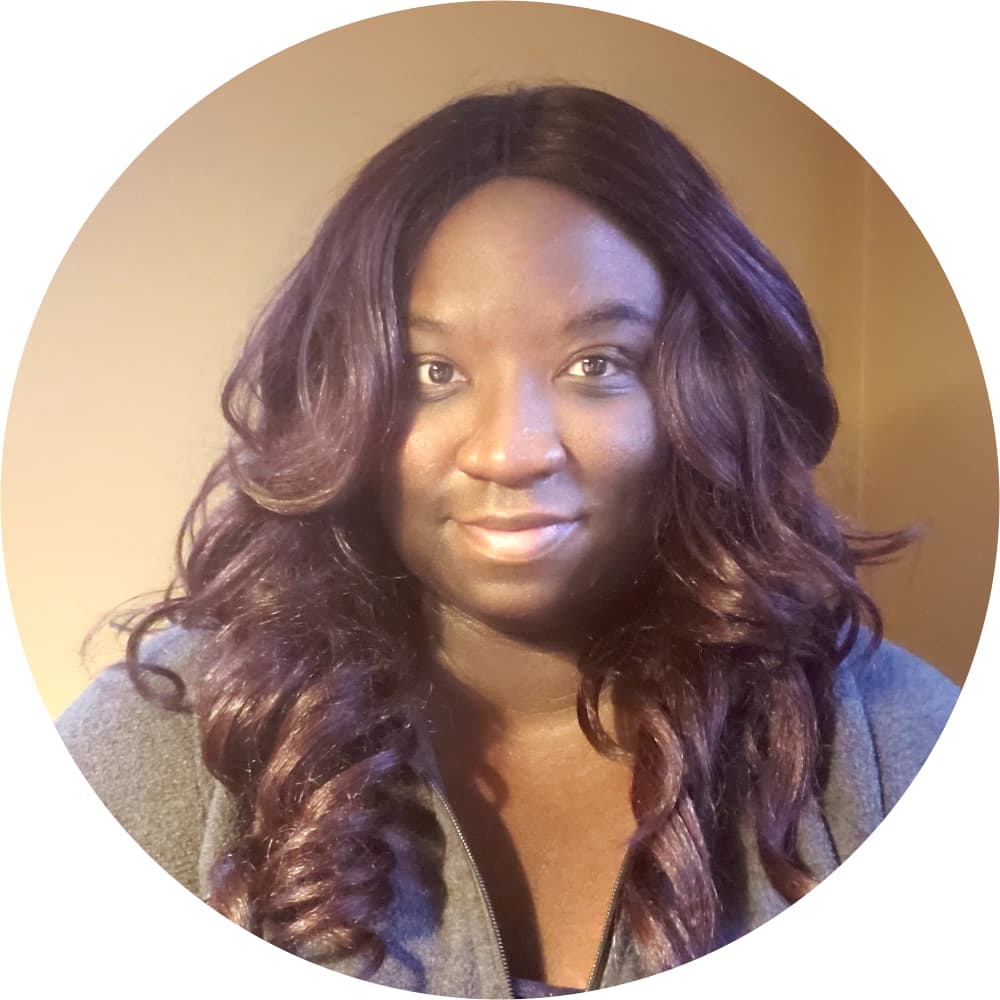Preparing for a Social Work Job Interview

Explore and compare a list of accredited schools to enroll in your next program.

It’s never too early for social work students to start thinking about the post-graduation job market and interviewing strategies to help them land a job. The U.S. Bureau of Labor Statistics (BLS) provides 10-year projected job growth data, along with information about which types of social work may be in demand.
Overall, BLS projections indicate a 13% growth of jobs for social workers from 2019-29. Healthcare social workers and mental health and substance abuse social workers should see the biggest employment increases at 14% and 17%, respectively. Clinical social workers, who can work independently and provide treatment services to clients, should experience the best job prospects.
For tips on preparing for a social work job interview, we’ve consulted some professionals in the field: Felicidad Fraser-Solak, a licensed clinical social worker pursuing her Ed.D. in organizational leadership, and Briana Hollis, a licensed social worker and self-care coach specializing in crisis intervention. They provide invaluable advice on the importance of preparation, interview questions and answers for social worker positions, and projecting confidence throughout the process.
Expert Tips on How to Prepare
1. Practice Interviewing Beforehand
Fraser-Solak advises applicants to expect questions that do not directly relate to social work.
“I think we forget that before we are social workers, we are humans, and while we may be great social workers, we may actually have to show how we collaborate, comprehend, and simply work with or in a team.” Fraser-Solak states some common questions may include how one gets along with others, how they manage their time, and how they take care of themselves.
Hollis says social work interview questions may cover topics like current events and policies and how they may affect the population you will be serving, your knowledge of resources in the area (usually local or state), and your methodology or conceptualization of social work/therapy.
Sample Questions and Answers
2. Research the Organization You’re Interviewing With
Hollis stresses the importance of researching the organization and understanding what they do and the population they work with.
“If you’re not familiar with the population, read a few well-researched articles about them,” she advises. “Check out local Facebook groups for social work and see if anyone can give you inside experience to that organization. This especially could help with coming up with questions to ask that specifically pertain to the organization.”
Fraser-Solak also advises researching the job duties of the position. “If you are applying for a clinical position, you might be asked, “are you familiar with the DSM5?” or “do you feel comfortable diagnosing clients?”
Hollis suggests knowing the resources available in your city/county/state, especially if this job is connecting people with resources.
3. Be Fully Prepared in Advance
Being fully prepared gives you an advantage on the day of the interview.
“Have a copy of your resume handy, be on time, eat something — don’t go in hungry or thirsty,” Fraser-Solak says. “Trust you will have the right words to say when you need to say them.”
Hollis advises applicants to know what they are going to wear ahead of time so they’re not rushing the morning/day of your interview (even if it is a Zoom/remote interview).
“If it is a Zoom/remote interview, make sure that your technology works. Try it out ahead of time. Make sure your computer/phone/tablet is charged and that the microphone and camera work. Give yourself at least half an hour to work out any technical issues,” Hollis says.
4. Ask Questions
Fraser-Solak says, “The question that I ask at the end of an interview is, ‘We’ve had a few minutes to talk and get to know each other during this interview. Is there anything you feel I may need to work on so that I am better prepared for my next interview, provided you decide to go with a different candidate?’ It caught the folks at the interview table off guard, but they gladly answered the question (and, yes, I was hired by this company).”
Hollis suggests other potential questions to prepare in advance:
- What supervision do you provide and how is it provided?
- What are the opportunities for growth?
- How do you work with organizations in the area?
- How is this organization actively involved in social justice and anti-racism?
5. Have Confidence
Research and preparation lead to confidence in your abilities and in yourself.
“Be confident in what you know. Have pride in your resume. Be ready to discuss your accomplishments and how they relate to the job you’re applying for. Smile, even if no one else is smiling,” Fraser-Solak advises. Be confident about who you are. She continues: “I am going to be the same person at the interview as I am if I were employed there.”
Remember that not only will the organization be interviewing you, but you will also be interviewing the organization. Reminding yourself of this can instill confidence and help you relax.
“It may pay well, but if you have a gut check feeling, it may not be the place for you.” Fraser-Solak cautions.
Find Out More About Social Work Programs and Careers
Contributors

Felicidad Fraser-Solak
Felicidad Fraser-Solak, LCSW, is a proud native New Yorker but has been loving and living in Colorado for the past 21 years. She received her BS in social work (BSW) from Metropolitan State University of Denver in 2009 and her MS in social work (MSW) from the University of Denver in 2010. She is currently pursuing her Ed.D. in organizational leadership from Northcentral University. She is the past board president of the NASW-CO and an active member of the National Association of Black Social Workers and Give An Hour, an organization that donates pro bono mental health services to members of the armed forces and their families. If she (her/hers) had to label herself in one word, it would be “advocate,” though she prefers few labels, if any at all.

Briana Hollis
Briana Hollis is a licensed social worker and self-care coach. She earned her master of science in social administration from Case Western Reserve University in 2014 and her master of education from Tiffin University in 2019. Briana has spent the last six years working in crisis intervention.
